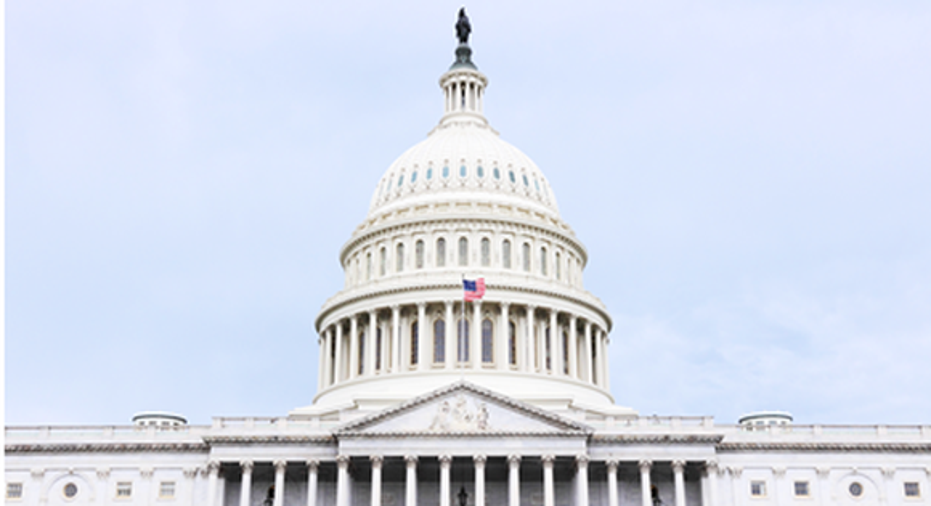Will Wells Fargo Pass This Crucial Test?

Image source: iStock/Thinkstock.
Shares of Wells Fargo (NYSE: WFC) could be in for a bumpy ride Tuesday, as its chairman and CEO John Stumpf testifies before the U.S. Senate Committee on Banking, Housing, and Urban Affairs concerning revelations about a broad-based fraud that took place at the bank between 2011 and 2015.
Over this stretch, 5,300 employees in Wells Fargo's branches opened up to 2 million unauthorized deposit and credit card accounts for consumers who neither approved of nor knew about the new accounts. To make matters worse, employees in many cases went so far as to surreptitiously transfer customer funds from their authorized accounts into the new, undisclosed accounts, thereby triggering overdraft and insufficient funds fees in the accounts from which the money was drawn.
The actions were prompted by Wells Fargo's aggressive sales culture, which took hold after the 1998 merger between it and Minnesota-based Norwest. The head of Norwest at the time, Richard Kovacevich, who then took the reins at Wells Fargo, set a goal of selling eight financial products and services to each of the combined banks' customers -- be it a checking account, savings account, credit card, mortgage, home loan, or auto loan, among other things.
It did so through cross-selling. Much like when an employee at McDonald's asks whether you want to add fries or a drink to your order, Wells Fargo's employees would try to persuade visitors to its branches to open a retirement account or apply for a new credit card. But unlike McDonald's, which has never quietly slipped a large order of fries into my bag, when a Wells Fargo customer declined the sales pitch, the bank's employees in many cases signed them up anyway.
The fallout since the fraud came to light has been considerable. Aside from $185 million in regulatory fines and considerable reputational harm, heads have begun to roll at the California-based bank. In addition to the 5,300 employees who were fired, the person in charge of Wells Fargo's community bank -- where the fraud occurred -- stepped down in July. A month before that, the person who managed risk for the division went on a leave of absence. And analysts and commentators have even begun calling for chairman and CEO John Stumpf to resign or be fired by the board of directors.
Data source: YCharts.com. Chart by author.
Worst of all for shareholders, however, has been the impact on Wells Fargo's stock price. Since the beginning of September, the bank's stock has declined by more than 9%, making it the worst-performing big bank stock over this stretch. That translates into a $23 billion decline in Wells Fargo's market value, meaning it is no longer the biggest bank in America by that measure -- it's been surpassed, at least for the time being, by JPMorgan Chase.
It's impossible to say for sure what the outcome of Tuesday's hearing will be. That said, with Senator and staunch consumer advocate Elizabeth Warren on the panel, it isn't likely to be a friendly reception. Stumpf will undoubtedly be prepared for tough questions, but any surprise revelations could cause Wells Fargo stock to drop further.
A secret billion-dollar stock opportunity The world's biggest tech company forgot to show you something, but a few Wall Street analysts and the Fool didn't miss a beat: There's a small company that's powering their brand-new gadgets and the coming revolution in technology. And we think its stock price has nearly unlimited room to run for early in-the-know investors! To be one of them, just click here.
John Maxfield owns shares of Wells Fargo. The Motley Fool owns shares of and recommends Wells Fargo. The Motley Fool has the following options: short October 2016 $50 calls on Wells Fargo. Try any of our Foolish newsletter services free for 30 days. We Fools may not all hold the same opinions, but we all believe that considering a diverse range of insights makes us better investors. The Motley Fool has a disclosure policy.



















